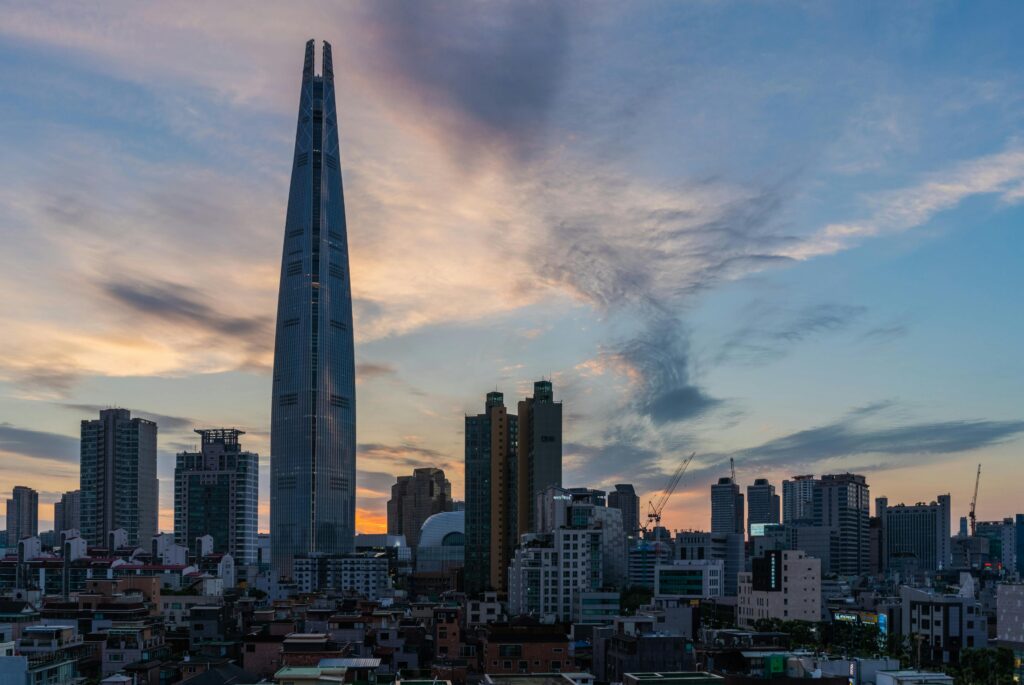Former South Korean President Yoon Suk-yeol has been arrested following his brief imposition of martial law. The move, which shocked the nation, has left South Korea politically divided and facing a prolonged crisis.
Martial Law and Attempted Power Grab
Yoon Suk-yeol declared martial law in early December, citing legislative and budgetary gridlock in the opposition-controlled parliament. Under his orders, special forces entered the parliament building, attempted to detain opposition leaders, and sought to block parliamentary access. However, enough lawmakers convened to vote against the martial law decree, forcing Yoon to accept its reversal.
The fallout from this dramatic power grab led to Yoon’s provisional removal from his duties by a parliamentary vote. Although still formally in office, Yoon could no longer exercise presidential powers. South Korea’s Constitutional Court is now tasked with deciding his permanent removal, requiring a majority of six out of nine judges. Controversy surrounds this process, as the court was understaffed at the time of Yoon’s declaration, complicating the legitimacy of his impeachment.
Arrest Amid Resistance and Legal Maneuvering
Yoon had resisted participating in investigations against him, protected by his presidential security detail. Authorities failed to execute an arrest warrant earlier in January due to this protection. However, in a subsequent attempt on Tuesday, investigators used specialized equipment and conducted negotiations to detain Yoon without direct confrontation.
On Wednesday morning, Yoon was formally arrested. Authorities granted him certain privileges, including exemption from handcuffs and transport in his official convoy rather than a police vehicle. In a video statement, Yoon expressed his willingness to cooperate but denied the legitimacy of the charges. He claimed his compliance was to prevent “unfortunate bloodshed.”
Political Fallout and Uncertain Future
While public opinion largely opposes Yoon’s martial law declaration, political divisions in South Korea remain stark. His conservative People Power Party argues that the impeachment is an overreach by the liberal opposition, accusing them of exploiting the crisis to push for elections. The party draws parallels to 2017, when former conservative President Park Geun-hye was impeached and the party suffered severe electoral losses.
Legal proceedings against Yoon began Tuesday, with the Constitutional Court pledging a swift review. In the meantime, authorities must decide within 48 hours whether to extend his detention. Experts expect this to happen, and Yoon will likely remain in a secure facility in Seoul. Reports suggest he intends to continue refusing to testify.
Opposition leaders have celebrated Yoon’s arrest. Democratic Party (DP) leader Park Chan-dae described it as “a first step toward restoring constitutional order, democracy, and the rule of law.”
The crisis surrounding Yoon’s impeachment has deepened South Korea’s political polarization, leaving its democratic institutions under intense scrutiny. As the court prepares its decision, the country faces an uncertain political future.


